Understanding the Costs of Greenhouse Gas Accounting
Conducting a greenhouse gas (GHG) accounting process can vary in cost depending on several factors, such as the size of the organization, the complexity of operations, and the level of detail required. Here’s an overview of what typically goes into GHG accounting and where costs may arise:
Data Collection: Gathering data on energy consumption, fuel use, waste generation, and other relevant activities is a fundamental step. Costs can arise from implementing systems to track and collect this data accurately, especially if it involves retrofitting existing systems or installing new monitoring equipment.
Emission Factors: Calculating emissions involves using emission factors specific to different activities and sources. Acquiring accurate emission factors often requires resources, especially for organizations with diverse operations.
Calculation Tools: Utilizing software or tools designed for GHG accounting may involve licensing fees or initial setup costs. Some organizations may choose to develop their own tools internally, which can also incur costs.
Verification and Reporting: Depending on the organization’s requirements (e.g., regulatory compliance, voluntary reporting), verifying the accuracy of emissions data may necessitate hiring external auditors or consultants. Reporting emissions to stakeholders or regulatory bodies may also involve administrative costs.
Training and Expertise: Ensuring staff are trained in GHG accounting principles and methods can involve costs related to workshops, certifications, or hiring specialized personnel with expertise in environmental accounting.
Continuous Improvement: Organizations committed to reducing emissions may invest in continuous improvement initiatives, such as conducting more frequent audits or adopting more sophisticated tracking technologies. These initiatives can incur additional costs but may result in long-term savings and benefits.
Overall, while GHG accounting itself is not inherently expensive, the costs can add up depending on the organization’s size, complexity, and commitment to accuracy and transparency. However, many organizations view these costs as investments in sustainability and risk management, as accurate GHG accounting can lead to better decision-making and reputation enhancement.
Our GHG accounting and inventory services are a fraction of the cost when compared to the larger firms. With ZenithNet-Zero, you get big firm results with a boutique approach to service and cost. Our team consists of environmental experts who employ industry recognized standards for GHG measurements such as the GHG protocol and ISO 14064 standards, ensuring you receive accurate, transparent, and auditable results.
The ZenithNet-Zero team includes experts who can guide you and your company in understanding your net-zero needs and achieving your sustainability goals
Questions?
If you can’t find the answer you’re looking for, feel free to write to us. Help us make this blog a rich source of environmental insights and news.



